The University of Chicago Press, Chicago 60637
The University of Chicago Press, Ltd., London
2005 by The University of Chicago
All rights reserved. Published 2005.
Paperback edition 2013.
Printed in the United States of America.
22 21 20 19 18 17 16 15 14 13 2 3 4 5 6
ISBN-13: 978-0-226-79860-8 (cloth)
ISBN-13: 978-0-226-10446-1 (paper)
ISBN-13: 978-0-226-12679-1 (e-book)
DOI: 10.7208/chicago/9780226126791.001.0001
Library of Congress Cataloging-in-Publication Data
Thornton, Arland.
Reading history sideways : the fallacy and enduring impact of the developmental paradigm on family life / Arland Thornton
p. cm. (Population and development)
Includes bibliographical references and index.
ISBN 0-226-79860-7 (cloth : alk. paper)
1. FamilyHistoriography 2. FamilyEurope, WesternHistoriography. 3. FamilyEurope, NorthernHistoriography. 4. FamilyHistory. 5. Familychange. I. Title. II. Population and development (Chicago, Ill.)
HQ503.T48 2005
306.85'094dc22
2004027204

This paper meets the requirements of ANSI / NISO Z39.48-1992 (Permanence of Paper).
Acknowledgments
I am indebted to many individuals and groups for their many contributions to this book. Particularly crucial in this regard are my colleagues in the Family and Demography Program at the University of Michigan who have participated with me in many discussions about family change, provided insights and sources, and read and commented on numerous drafts. These colleagues include Bill Axinn, Jennifer Barber, Georgina Binstock, Susan Brower, Janet Dunn, Tom Fricke, Dirgha Ghimire, Martha Hill, Julie Josefosky de Jong, Colter Mitchell, Lisa Pearce, Pete Richardson, Elizabeth Rudd, Jeannie Thrall, Yu Xie, Li-Shou Yang, and Linda Young-DeMarco.
Numerous other colleagues, friends, and family members at the University of Michigan and in Ann Arbor have provided useful input of many kinds. These include Julia Adams, Kent Christensen, Ronald Freedman, Bruce Gibb, Muge Gocek, Dena Goodman, Michael Kennedy, Miles Kimball, Howard Kimeldorf, Kim Leavitt, James Lee, Jinyun Liu, Jeffrey Paige, Arlene Saxonhouse, John Schulenberg, Margaret Somers, Amy Thornton Teemant, Leo Teemant, Blake Thornton, Janelle Thornton, Rebecca Thornton, Richard Thornton, Shirley Thornton, Maris Vinovskis, Marty Whyte, and Wang Zheng.
This book has also benefited from numerous discussions at seminars held at the University of Michigans Family and Demography Program, Department of Sociology, Population Studies Center, and Survey Research Center. Also beneficial have been seminar discussions at Bowling Green State University, Brown University, Cambridge University, the University of Chicago, the University of North Carolina, the University of Pennsylvania, and the University of Wisconsin. A summary of the main themes of the book was presented in my presidential address to the Population Association of America in 2001 (Thornton 2001), the feedback to which also proved useful. In addition, numerous undergraduate and graduate students at the University of Michigan have read and reacted to previous drafts of the manuscript.
My gratitude for assistance in many formsincluding the provision of references, ideas, and feedback on draftsextends to numerous colleagues both in the United States and abroad. Particularly valuable has been input from Jalal Abbasi-Shavazi, John Casterline, Joseph Chamie, Andrew Cherlin, Dilli Dahal, Calvin Goldscheider, Frances Goldscheider, Amy Kaler, Ron Lesthaeghe, Alan Macfarlane, Mansoor Moaddel, Philip Morgan, Phyllis Piotrow, David Popenoe, Steven Ruggles, Roger Schofield, Edward Shorter, Richard Smith, Beth Soldo, Naomi Tadmor, Dirk van de Kaa, Richard Wall, Susan Watkins, Charles Westoff, Tony Wrigley, and Kathryn Yount.
The production of the manuscript has required the efforts of numerous people in the Population Studies Center and the Survey Research Center of the University of Michigan, many of whom are members of the Family and Demography Program. Judy Baughn has provided devoted general oversight and supervision for more than a decade. During the early phases of the production of the book, Kashif Sheikh gave the manuscript the same kind of attention that people usually devote only to their own work, and Julie Josefosky de Jong has done the same for the completion of the manuscript during its later phases. Additional valuable assistance has been provided by Susan Clemmer, Jana Bruce, Pearl Johnson, Yan Fu, Lee Ridley, Nancy Barr, Tera Freeman, Anu Gupta, Stephen McLandrich, Jennifer Richardson, and Linda Young-DeMarco.
The editorial team at the University of Chicago Press has been a pleasure to work with. Both Richard Easterlin and Geoffrey Huck were persistant in their generous support of this project over its very long gestation period. John Tryneski, Rodney Powell, and Christine Schwab have guided the project through the editorial process with considerable helpfulness and efficiency, and the copyeditors hired by the press provided extensive and expert assistance in the copyediting of the manuscripta service that has substantially improved the readability of the manuscript.
I close this acknowledgment with a quotation from Francis Jennings, whose thoughts about his book match mine in at least one important dimension: This book ranges widely in subject matter and research disciplines, and it offers more than the ordinary number of opportunities for error; that I have inadvertently taken advantage of some of those opportunities may be the one certainty of the whole process (1975, x). Although the book has benefited greatly from the input of many individuals and groups, all responsibility for any errors of fact or interpretation remains with the author.
Introduction and Overview
This book is about developmental ideas, models, and methods and how they have influenced families and the ways in which scholars have studied families. Its overarching thesis is that developmental ideas and frameworks have motivated and guided much of social-science research for centuries, influenced the actions of governments and international bodies, affected world history, and guided the motivations and behaviors of numerous individual actors around the world. In fact, the domination of developmental ideas and approaches has been so overwhelming that knowledge of it is a prerequisite for understanding both the history of family change and the history of scholarly efforts to describe and explain changes in family life. The purpose of this book is to tell two interrelated stories: (1) the influence of developmental thinking on scholarship about families and (2) the influence of developmental thinking on actual family structures, relationships, and processes.
At the core of developmental ideas and methods is the developmental paradigm. As I outline in , the developmental paradigm is a model of history that assumes that all societies are on the same pathway or trajectory of change, with each going through the same stages of development. However, the developmental paradigm posits that the speed of movement along this relatively uniform pathway of development varies across societies. Some societies are perceived to have progressed and then become static, others to have progressed rapidly for a time and then fallen back, others to have been static since virtually the beginning of time, and yet others to have been slow starters that later progressed rapidly to new heights of civilization. The result of this differential rate of progress is the existence of various societies at different stages of development at any specific period of history.


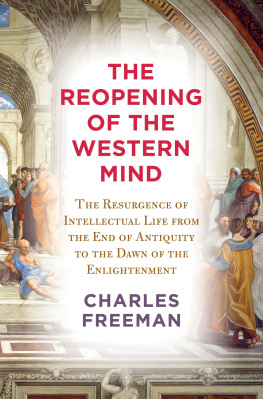
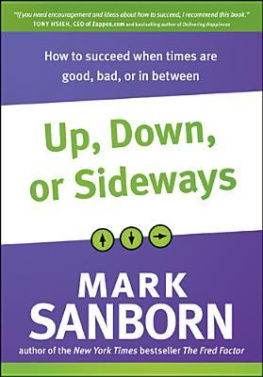
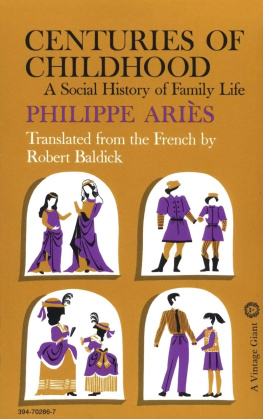
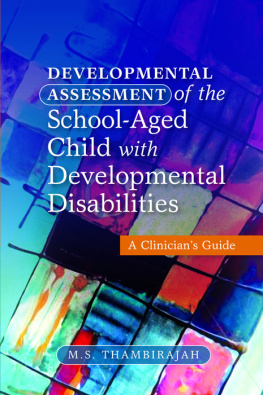
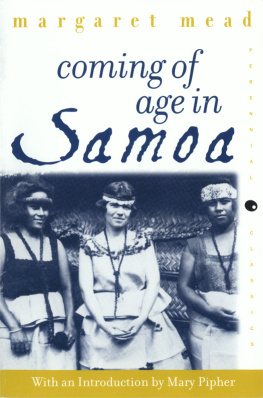
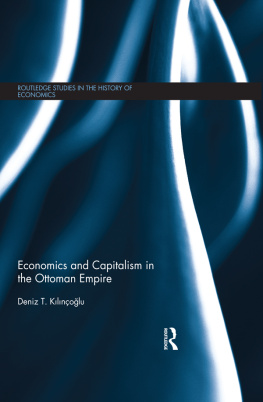
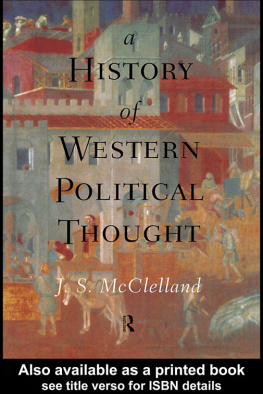
 This paper meets the requirements of ANSI / NISO Z39.48-1992 (Permanence of Paper).
This paper meets the requirements of ANSI / NISO Z39.48-1992 (Permanence of Paper).